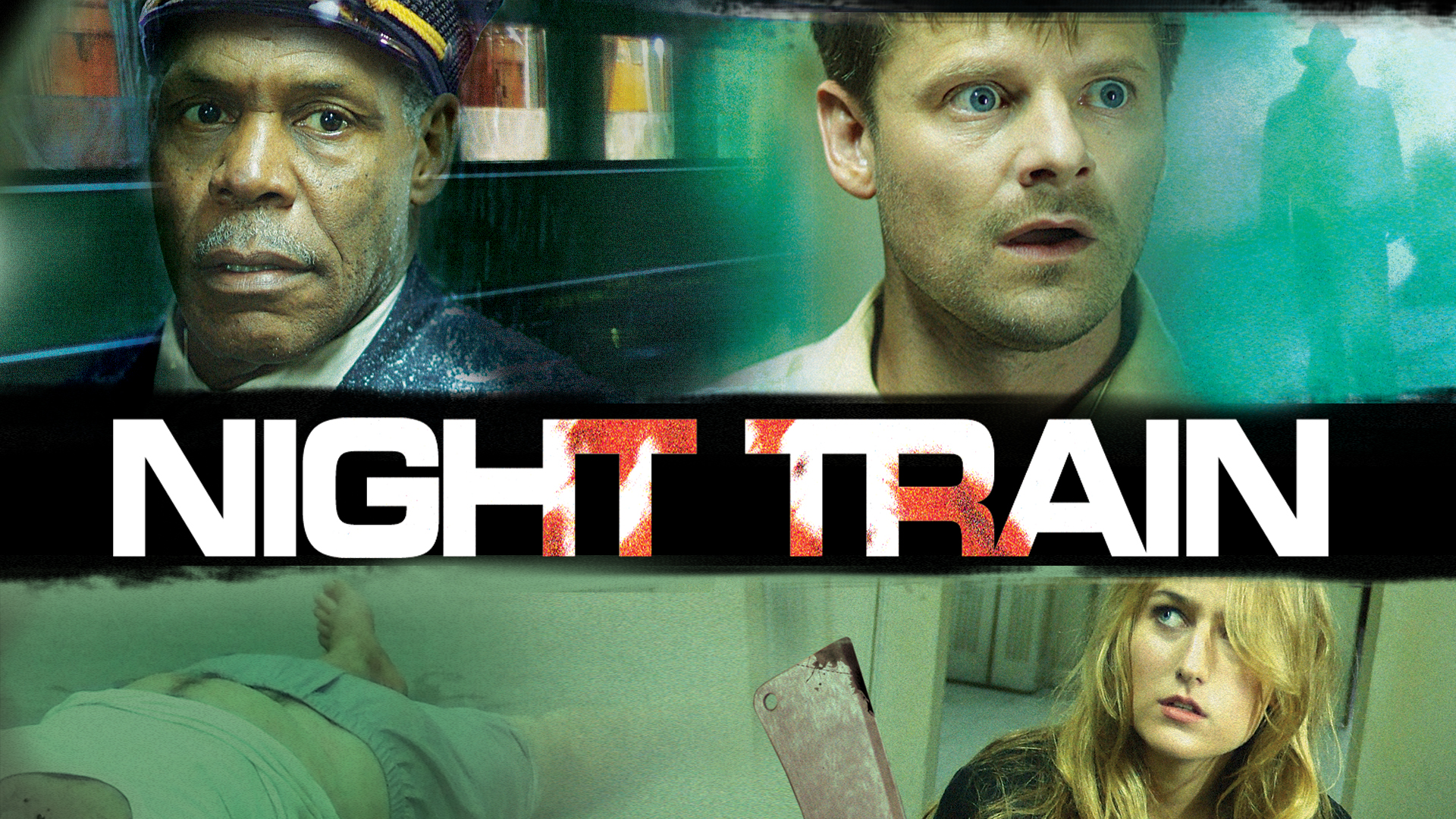Exploring the Haunting Allegory of Men (2022)
Alex Garland’s Men (2022) is a haunting psychological horror that delves deep into grief, guilt, and the sinister manifestations of toxic masculinity. Set against the eerie backdrop of the English countryside, the film follows Harper, a woman reeling from the tragic death of her husband, as she seeks solitude and healing in a remote village. But peace proves elusive as she begins to encounter a series of increasingly disturbing male figures, all played with uncanny precision by Rory Kinnear.
What begins as a quiet meditation on loss quickly spirals into a surreal nightmare. The village and its inhabitants seem to bend reality itself, confronting Harper with grotesque echoes of trauma and blame. Garland blurs the line between the psychological and the supernatural, crafting a dreamlike narrative that resists easy interpretation but leaves a lasting impact.
Jessie Buckley delivers a raw and gripping performance, portraying Harper’s descent into fear and confusion with both vulnerability and strength. The film’s chilling atmosphere is amplified by its use of silence, stark imagery, and an unsettling sound design that echoes through the ancient woods and empty church halls.
More than just a horror film, Men is a symbolic exploration of how patriarchal systems can haunt women in both personal and cultural memory. It’s a visceral and provocative work that forces the viewer to confront uncomfortable truths, not through conventional scares, but through a slow-building dread that lingers long after the credits roll.
Not everyone will embrace its abstract storytelling or grotesque final act, but Men succeeds in what it sets out to do—it disturbs, provokes, and refuses to be easily forgotten.



